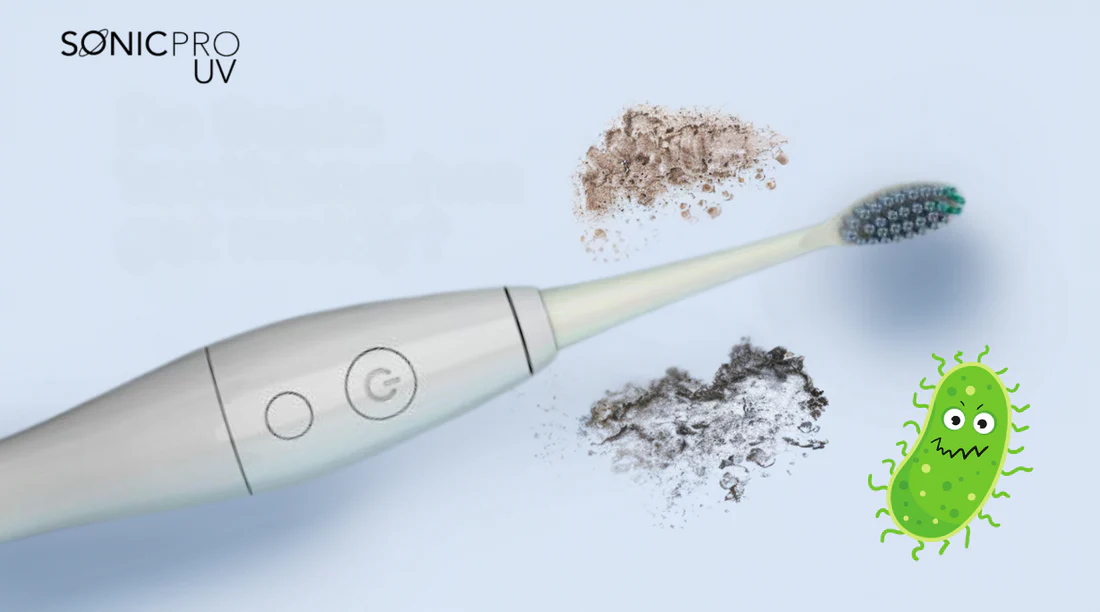Digestive health is regarded by Ayurveda as the foundation of general wellbeing. A healthy stomach, or “Agni” (digestive fire), is essential to the body’s capacity to absorb nutrition and purify. When the digestive system is out of balance, it can lead to bloating, gas, indigestion, and even chronic issues such as IBS or gastritis. Panchakarma, Ayurveda’s comprehensive detoxification therapy, is designed to restore balance and rejuvenate the digestive system. This blog explores how Panchakarma treatment supports digestive health, its core methods, and the lasting benefits it offers for gut wellness.
Understanding Panchakarma and Its Role in Digestive Health
Panchakarma, which translates to “five actions,” is an Ayurvedic cleansing and detoxification therapy that comprises five primary procedures: Vamana (emesis), Virechana (purgation), Basti (enema), Nasya (nasal cleansing), and Raktamokshana (bloodletting). While each component serves a unique purpose, they collectively aim to eliminate toxins, rebalance the body’s doshas (Vata, Pitta, and Kapha), and strengthen Agni.
When it comes to digestive health, Panchakarma works by addressing both the root causes of digestive imbalance and the buildup of toxins, or “Ama,” which Ayurveda identifies as the primary culprit of health issues. By expelling Ama and restoring doshic balance, Panchakarma revitalizes the digestive system, enhancing nutrient absorption and promoting gut health.
How Panchakarma Restores Digestive Balance
- Detoxification of Ama (Toxins)
One of the most common causes of digestive distress in Ayurveda is the accumulation of Ama, or undigested food and toxins. This buildup can clog the digestive system, leading to poor nutrient absorption and indigestion. Panchakarma’s primary goal is to eliminate Ama from the body, cleansing the gut and providing a “reset” for the digestive system. Through processes like Virechana (therapeutic purgation), toxins are flushed out, making way for better digestive efficiency.
- Rebalancing Doshas for Optimal Digestion
Ayurveda teaches that the three doshas—Vata, Pitta, and Kapha—play crucial roles in bodily functions, including digestion. When these doshas become imbalanced, digestive issues are often the first signs. Panchakarma therapies, particularly Virechana and Basti, help restore the balance of these doshas. For example:- Virechana targets Pitta-related digestive issues, such as acidity and inflammation in the gut.
- Basti is beneficial for Vata imbalances, addressing constipation and irregular bowel movements.
By recalibrating these energies, Panchakarma helps improve digestive function, aligning the system with its natural rhythms.
- Strengthening Agni (Digestive Fire)
A powerful Agni is necessary for food digestion, nutrient absorption, and waste removal in Ayurveda. Panchakarma treatment incorporates dietary guidelines and lifestyle adjustments to strengthen Agni. Therapies like Abhyanga (oil massage) and Swedana (herbal steam therapy) are used to prepare the body, activate Agni, and support smoother digestion. A revitalized digestive fire boosts metabolic efficiency and ensures that food is fully digested without forming Ama.
- Improving Gut Flora and Immunity
Panchakarma’s cleansing actions can also help regulate gut flora, the beneficial bacteria essential for digestion and immunity. The removal of toxins and restoration of balance create a favorable environment for good bacteria to flourish. With a healthier gut microbiome, the immune system becomes stronger, which in turn aids digestion. This holistic enhancement of gut health supports long-term resilience against digestive disorders.
- Reducing Stress and Its Impact on Digestion
Panchakarma treatment is structured not only around physical cleansing but also mental relaxation and emotional balance. Practices such as meditation, Shirodhara (oil pouring on the forehead), and yoga are integral parts of Panchakarma, helping reduce stress and anxiety. Lower stress levels contribute to a calmer, more balanced digestive system, as chronic stress often disrupts gut function and can lead to issues like irritable bowel syndrome (IBS).
Panchakarma Therapies That Benefit Digestive Health
1. Virechana (Purgation Therapy)
Virechana is especially effective for clearing Pitta-related toxins from the intestines. By administering herbal laxatives, this therapy purges toxins and restores digestive function, reducing inflammation, acidity, and other gut issues.
2. Basti (Enema Therapy)
Known for its effectiveness in addressing Vata imbalances, Basti introduces herbal oils or decoctions into the colon, which cleanse the intestines and improve bowel movements. This therapy helps relieve constipation, bloating, and irregular digestion.
3. Abhyanga (Oil Massage)
These preparatory therapies stimulate the lymphatic system, boost circulation, and encourage the movement of toxins towards the digestive tract for elimination. They also relax the muscles, relieving stress-induced digestive symptoms.
4. Dietary Guidelines and Herbal Support
Panchakarma includes a specific diet before, during, and after treatment, typically consisting of easily digestible foods like kitchari (a dish made from rice and mung beans). This diet helps cleanse the system while providing the necessary nutrition for healing. Ayurvedic herbs like Triphala, ginger, and turmeric are also recommended for supporting digestion.
The Long-Term Benefits of Panchakarma for Digestive Health
The results of Panchakarma treatment extend well beyond the immediate cleansing period. Regular Panchakarma sessions can lead to:
- Enhanced Metabolism: A stronger Agni facilitates better metabolic function, reducing sluggishness and promoting energy.
- Improved Nutrient Absorption: With a cleaner digestive tract, the body can absorb nutrients more effectively, supporting vitality and immunity.
- Balanced Gut Flora: The removal of toxins supports a healthier gut environment, promoting beneficial bacteria and reducing harmful microbes.
- Sustained Digestive Balance: Panchakarma aligns your digestive system with your body’s natural rhythms, helping maintain regularity and overall gut health.
- Prevention of Digestive Disorders: By addressing the root causes of imbalance, Panchakarma can help prevent chronic digestive issues, from IBS to acid reflux.
Final Thoughts
Panchakarma offers a holistic approach to digestive wellness, targeting the root causes of imbalance rather than merely treating symptoms. By eliminating toxins, restoring doshic balance, and strengthening Agni, Panchakarma helps improve digestion and gut health in a way that is both natural and sustainable. Whether you’re experiencing digestive distress or simply looking to reset and revitalize, Panchakarma treatment can be a transformative journey for your gut and overall health. For those seeking a long-term solution to digestive health, Panchakarma offers an Ayurvedic approach that heals from within, fostering balance and resilience.




